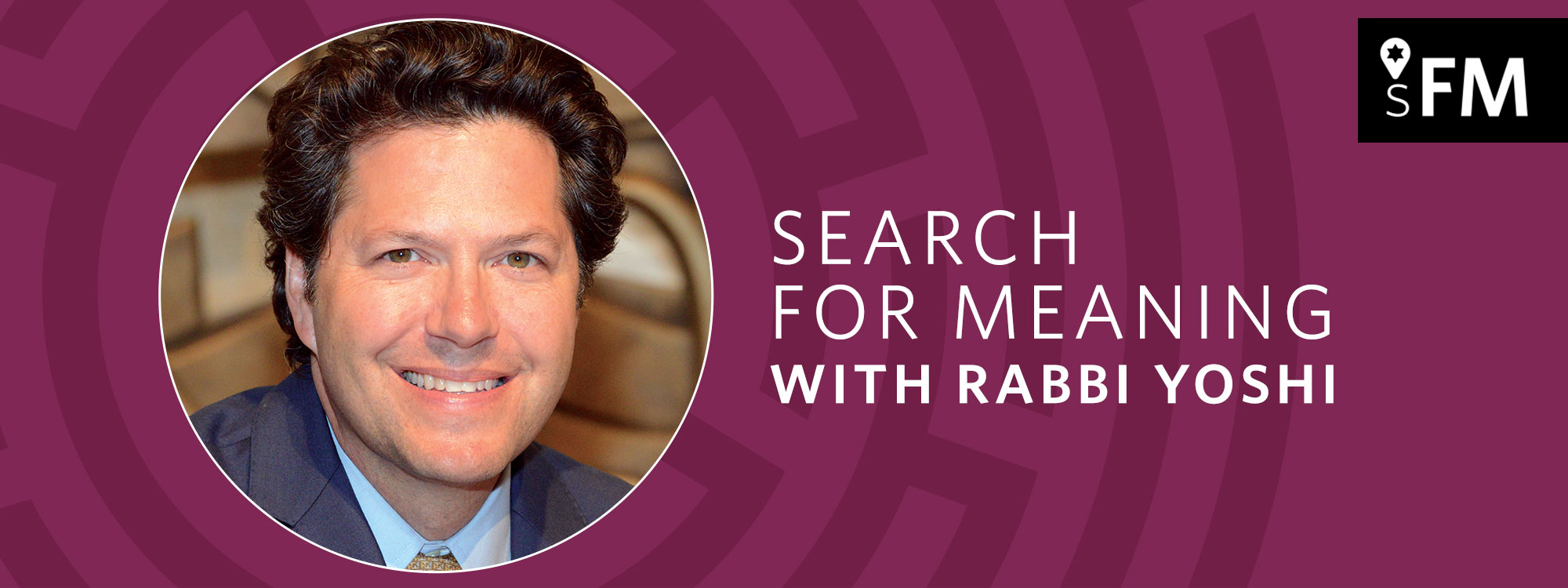
Last year’s Purim Carnival was held in person on our campus almost exactly one year ago on March 8, 2020. At the time, we were being told that the best way to avoid COVID-19 transmission was through frequent hand washing—we didn’t yet understand the importance of face-masks and physical distancing. Within a week, our schools and our programming shifted online.
This past Sunday we held our first ever (and hopefully—please God—not annual!) Purim CARnival. To keep each other safe, attendees stayed in their cars with masks on as clergy, teachers, and staff sang songs, chanted from the megillah, told the story of the holiday, and facilitated COVID-safe games.
Purim is supposed to be a time of joy and gladness—and relief at surviving a difficult moment that could have just as easily gone the other way. It was not at all inevitable that we would survive Haman’s attempt to destroy us.
Part of the lesson of Purim is the unpredictable and serendipitous nature of life (and death). As Mordechai puts it in his message to Esther urging her to advocate on behalf of their people: “And who knows, perhaps you have attained royal position for just such a moment— וּמִי יוֹדֵעַ אִם־לְעֵת כָּזֹאת הִגַּעַתְּ לַמַּלְכוּת.” (Esther 4:14) It could have just as easily gone the other way for our people.
One of the painful lessons of this past year is the unpredictable and serendipitous nature of our lives—and our deaths. Who knows — וּמִי יוֹדֵעַ — what next year’s Purim will look like. Who knows how it will all unfold. What brings me comfort is my faith that—no matter what challenges and opportunities come our way – we face them more successfully and courageously together. What brings me comfort is the knowledge that—as we’ve done time and again over the past year—we will continue to find creative ways to celebrate our Judaism, find meaning and purpose in our lives and experiences, and support one another through times of simcha (joy) and tzuris (difficulty) as well.
We don’t know how this moment will change us, our community, or our world but we do know—because of more than three millennia of experience and practice—that ours is a resilient tradition and that we are a resilient people.
— Rabbi Yoshi Zweiback

